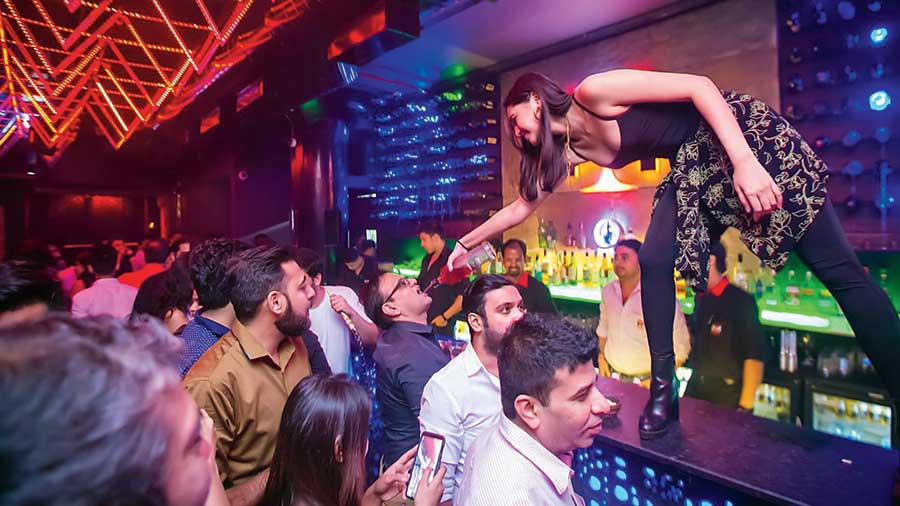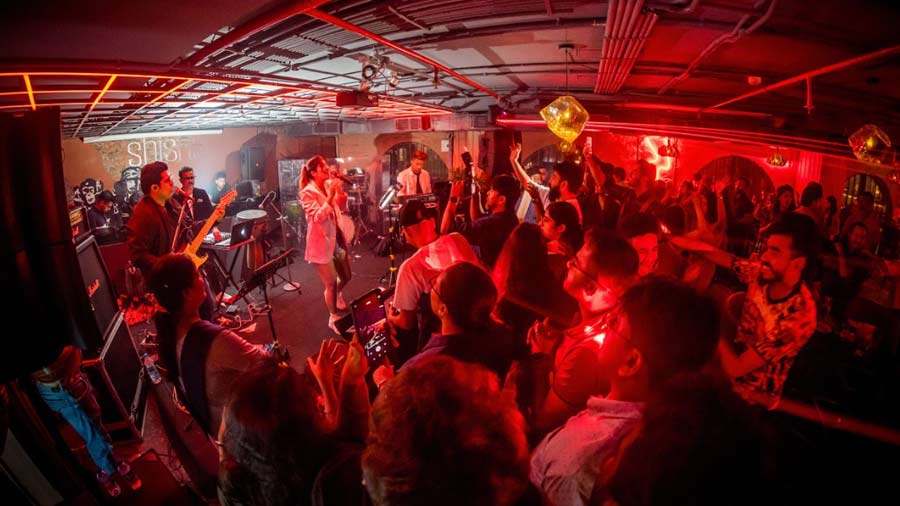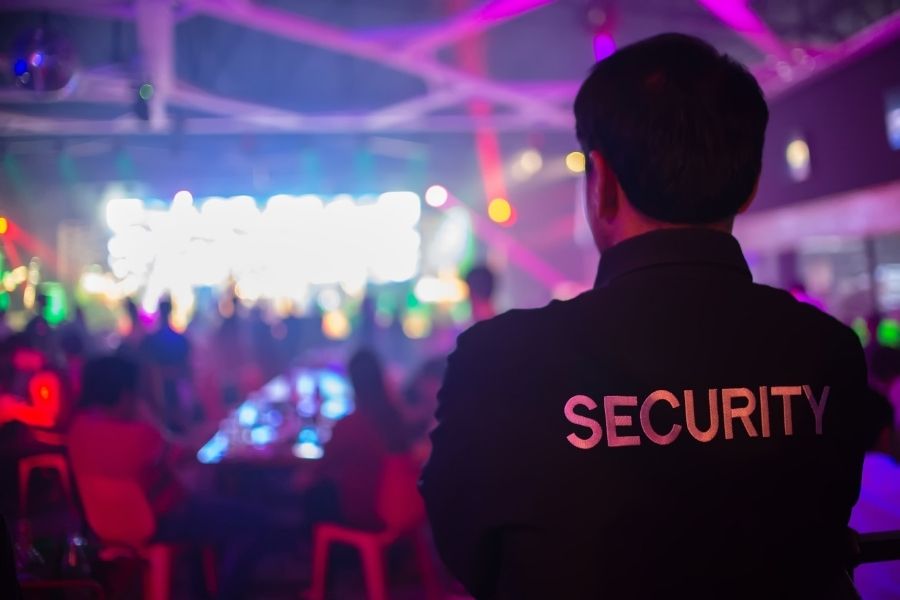A casual night out turned upside down in Kolkata’s Salt Lake recently, when a couple was allegedly attacked in a pub’s parking lot over a minor altercation. The woman was reportedly pinned down by one of the accused, and her partner was beaten up while trying to protect her. This kind of incident is more expected in a crime thriller than on a night of socialising. But for many residents, it only confirmed what they have been saying for years: Kolkata's nightlife may be booming, but it's also becoming increasingly unsafe.
For a city that has long prided itself on its late-night charm, Kolkata’s nightlife seems to be cracking under the weight of its own growth. Even as more clubs, bars, and dhabas stay open into the early hours, residents and regulars are increasingly questioning whether the city is doing enough to keep its night-time revellers safe.
Sneha Dutta, a communications professional who drives herself home after work, doesn’t mince her words. “The law and order situation is deteriorating — not just at night, but during the day too. Night only gives people the liberty in their thinking to break more rules. From helmetless bikers to people drinking in cars, it’s chaos. There’s no fear of being penalised, and even the so-called upmarket areas aren’t spared. This is beyond class, it’s a mindset problem,” she said.
Safety isn’t a woman’s issue; it’s everyone’s issue

For many working women in the city, especially those in the nightlife and entertainment industries, the risks are tangible TT Archives
While incidents of gender-based harassment are widespread, many believe the conversation around safety in Kolkata now includes everyone. “Safety for men and women has been compromised. I’ve heard of incidents where couples were harassed in parking lots or worse, but the cases never reach the news because someone powerful is involved. These days, I make it a point to either stay over at a friend’s place or book a certified driver. Going out shouldn’t come at the cost of personal safety,” said Aerica Sardar, a content creator.
For many working women in the city, especially those in the nightlife and entertainment industries, the risks are tangible. “As a DJ, I always make sure I have security when I’m playing. But anything can go wrong. I’ve seen friends get hurt in fights, just for being at the wrong place at the wrong time. You can’t live in fear or stop having fun, but precautions are a must,” said one woman performer, requesting anonymity
Unsafe zones and unchecked behaviour

Even within clubs and pubs, there’s frustration about how poorly situations are handled TT Archives
Several neighbourhoods keep coming up in conversations about safety, with Salt Lake Sector V, Topsia, Bentinck Street, and parts of Bhowanipore, primary among them. “We party often in Salt Lake. Female colleagues usually leave early or together. But getting a cab post 10pm is tough, especially for people going to faraway places like Garia or Behala. One colleague had a scary experience when bikers hurled lewd comments at her while her cab was at a signal. She just rolled up her window and hoped they’d leave,” said Aritra Ghosh, an IT professional.
Even within clubs and pubs, there’s frustration about how poorly situations are handled. “People fight over everything — music volume, song choices. Why isn’t security stepping in before things escalate?” she added.
Alongside Salt Lake and Park Street, Bhowanipore’s late-night dhaba stretch has become another flashpoint. What was once a go-to post-midnight food stop is now notorious for littering, chaotic crowds, double parking, and at times, even aggressive behaviour linked to illegal activities. Locals have complained of fights breaking out over petty disputes, including arguments over money involving escort services operating in the shadows. While the area technically doesn't serve alcohol, many visitors are seen drinking openly or inside cars. Residents say noise, street blockages and lack of patrolling have made life difficult in what used to be a quiet, residential pocket.
Some say even dhaba staff, meant to be service providers, can become aggressive. “Once at a dhaba in Bhawanipore, we were harassed and then assaulted when we complained about a man staring at my cleavage. The staff sided with the harasser. They act like goons, not restaurateurs. They even threatened to sue us with a defamation case if we took it to social media,” said a woman in her 30s from Garia.
Not about curfews, but accountability
There’s a growing frustration about how the authorities and society at large are responding to these issues. Many citizens argue that real change will only come when there’s sustained civic action and a culture of accountability. “Knee-jerk solutions like shutting places down or asking women not to go out at night doesn’t help. If you can’t ensure safety, asking people to stay indoors isn’t a solution. The rot is deep, and it’s within us. We need to stop blaming and start changing,” said Sneha.
Swastik Nag, the director of Corridor Bar and Kitchen in Park Street, Canteen Pub and Grub in Salt Lake and Traffic Gastropub in New Town, said, “Pub brawls are almost complimentary for our business. At some point it will happen as people involved are intoxicated. There are several ways to deal with such issues. At an early stage, we would recommend they sort it out peacefully and would involve bouncers and managers to calm them down and make them understand the situation. But, if things go out of control, we will have to call the cops.”
